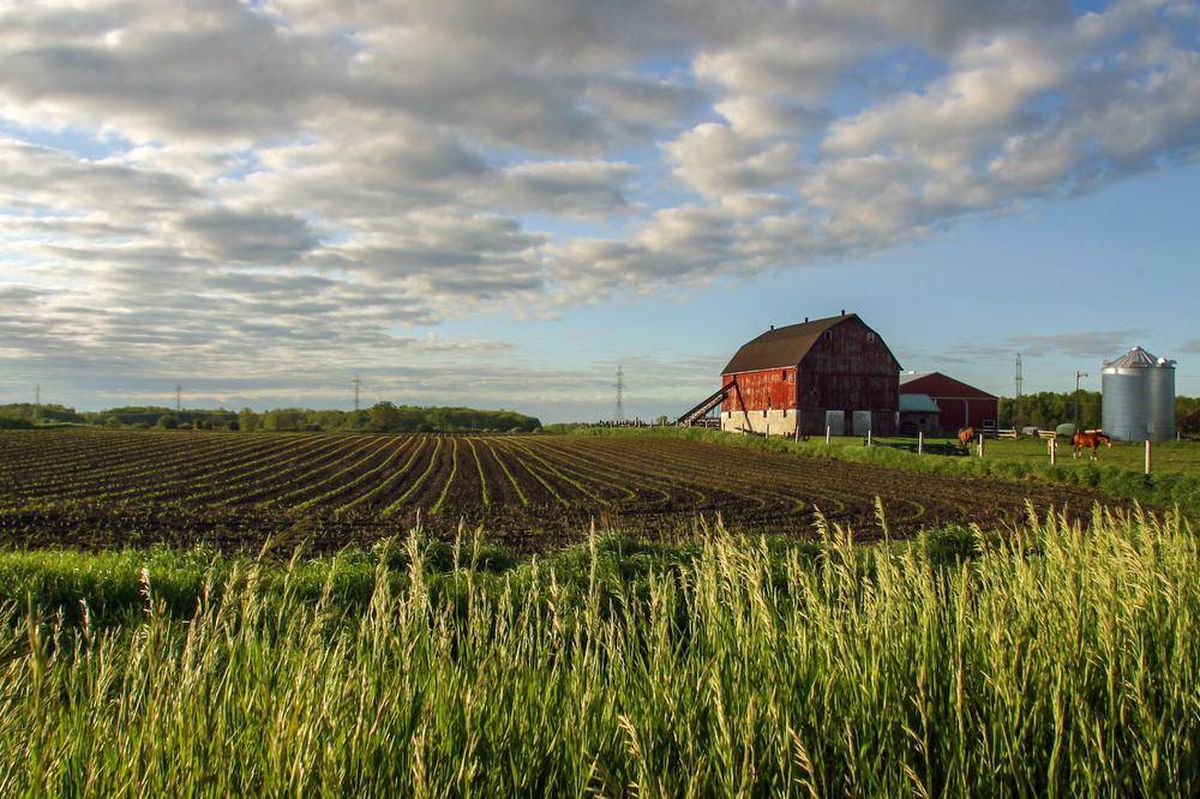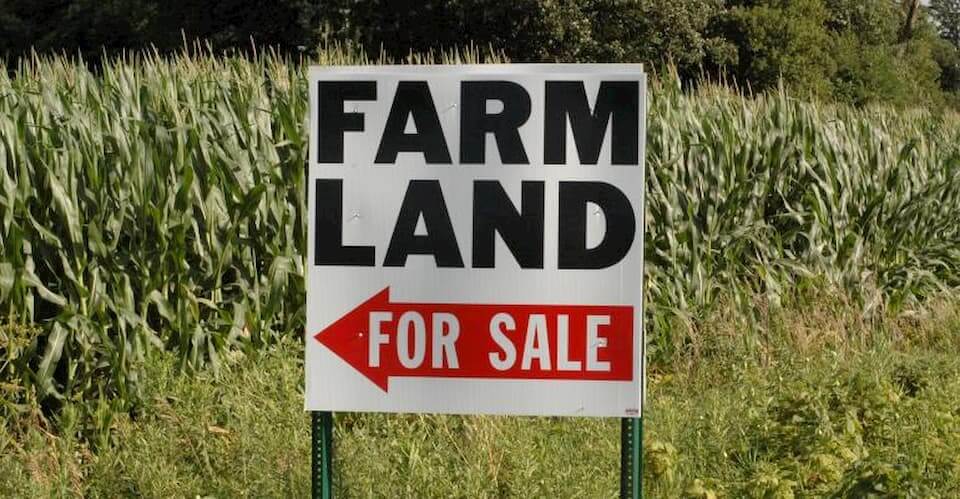As a general rule, farmland is taxable unless there is an exemption. If no exemptions apply, the buyer and seller may choose to decline the Harmonized Sales Tax (HST) if certain conditions are met.
What is the CRA definition of farmland?
The Canada Revenue Agency (CRA) generally considers farmland to mean land that is regularly used to earn or produce income from a farming business. It can also include vacant land like bush or forest and any buildings that are not used directly for a farming business.
What are the HST exemptions for farmland?
The following three situations qualify for an HST exemption:
Selling or transferring a farm to a related person (or former spouse or common-law partner) for their individual use and enjoyment. The farmland must have been used for farming at some time prior to the transfer and not used for any other commercial activity immediately before the transfer.
A partnership, trust or corporation selling a farm to a partner, beneficiary, shareholder or relative for their personal use and enjoyment. Immediately before the transfer, 90% or more of the property should be used for farming. The partner, beneficiary, shareholder, spouse, or child of that individual should be actively engaged in the business of the partnership, trust, or corporation.
An individual or a trust selling or transferring personal use property. The exemption applies to farmland that has not been used primarily for farming but not for land held by corporations or partnerships. It also does not apply if the property has been previously subdivided or severed into more than two parts, unless these portions were sold to a related person or former spouse/common-law partner for their personal use and enjoyment.

When can sellers and buyers choose not to charge/pay HST on farmland?
There are two situations when HST payment can be declined:
Selling an ongoing farming business. The farmer and the purchaser may jointly choose to decline the HST payable by completing form GST44. The buyer must buy 90% or more of the property required to carry on the business. This choice is not available when the seller is registered for the HST, but the buyer is not.
Estates – the estate of a deceased individual and the beneficiary may decide together to have no HST payable if one of these conditions is met:
-
the deceased used the farmland in a business right before death
-
the estate is transferring the business assets according to the will or applicable laws to a beneficiary and an HST/GST registrant
-
the farmland is used in a business by the beneficiary


 Facebook
Facebook
 X
X
 Pinterest
Pinterest
 Copy Link
Copy Link

